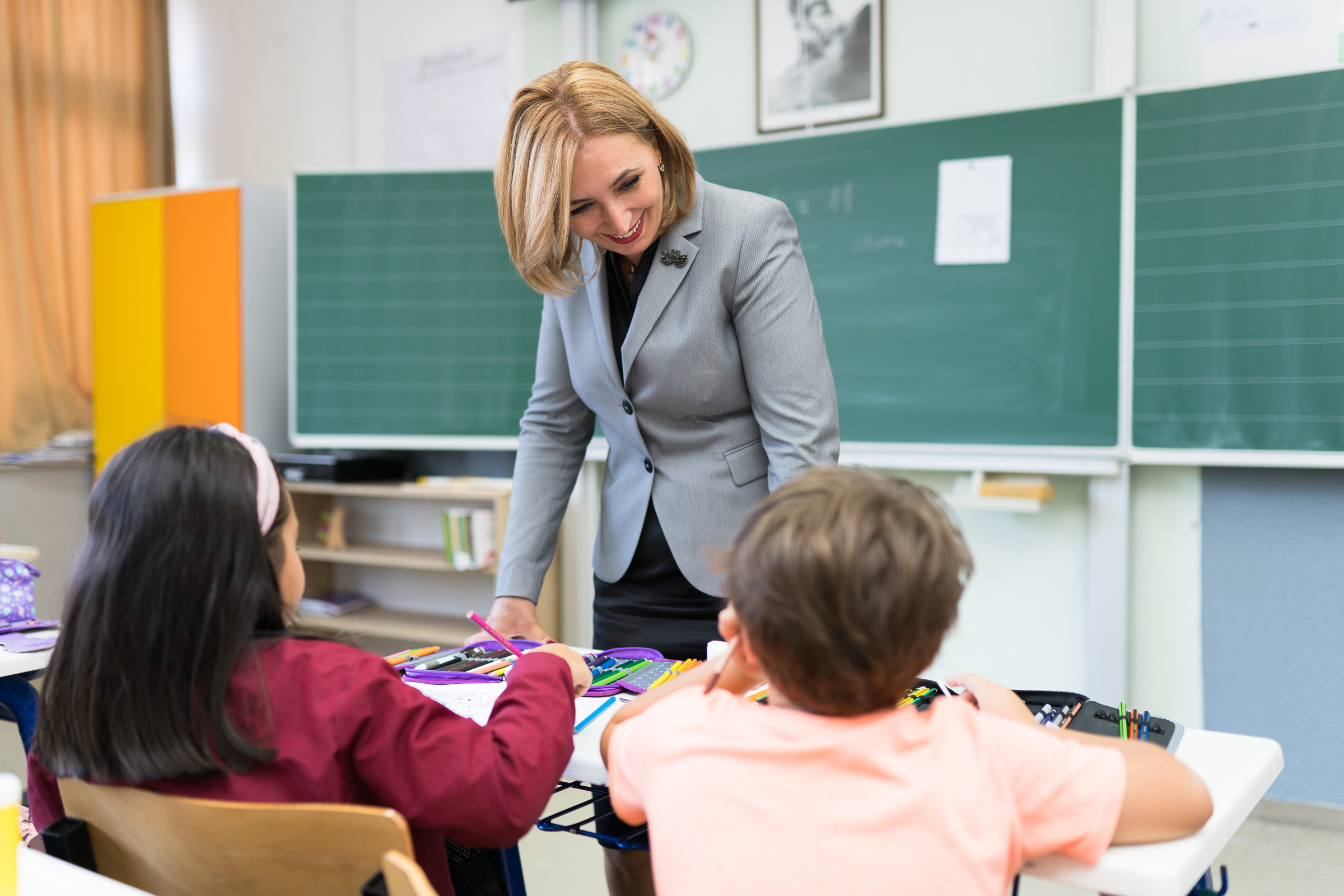Social situation Deficits in the education and health sectors
Kosovo's greatest challenge remains the fight against poverty and mass unemployment. Approximately one fifth of the population live below the poverty line. Of those, a disproportionate number of Roma, children, elderly people, people with disabilities, and women-led households are affected by extreme poverty.
There are shortcomings in the provision of social services by the state, in particular in the education and health sectors. Schools are poorly equipped, the quality of teaching is poor and the state education system is particularly susceptible to corruption. Basic health care is free of charge, but diagnostic services and medicines have to be paid for privately. There is no universal health insurance. Infant, child and maternal mortality rates in Kosovo are much higher than in neighbouring countries or in comparison with the European average.
It is estimated that, out of a total population of 1.8 million people, some 800,000 Kosovars currently live abroad. Their remittances are an important source of revenue for large parts of the population. According to data held by the World Bank and the IMF, in 2020 remittances from abroad accounted for almost 19 per cent of Kosovo's gross domestic product and made up ten to fifteen per cent of household incomes.
As at: 11/03/2022
